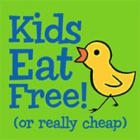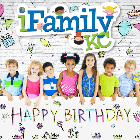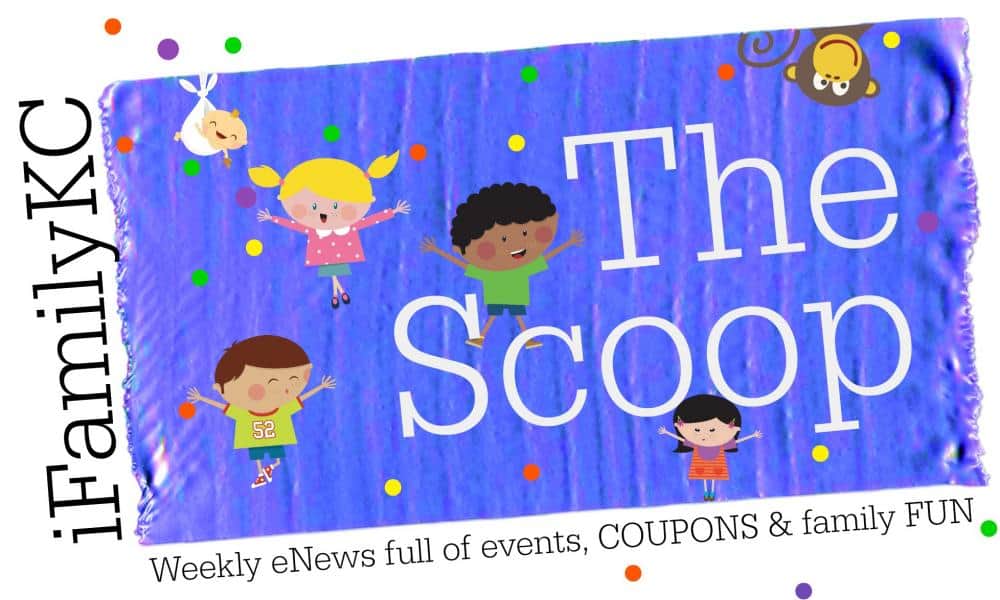Support Language Development & Early Literacy for Kids
Language Development & Literacy for Kids
Check out these tips to promote literacy for kids at an early age. Brought to you by The Family Conservancy; a LOCAL organization working to empower KC families for a successful future. Helping Children & Strengthening Families since 1880.
Education Begins at Birth
For most children, formal education starts at age 5, but it’s important to understand that education truly starts at birth. As soon as a child is born, they begin exploring, listening, and learning. As parents and caregivers, it’s our job to create a nurturing, caring, and supportive environment that will foster this early and important learning, and prepare children for future school success.
There’s Research to Back it Up
Extensive research shows, children who enter school with early skills, such as a basic knowledge of math and reading, are more likely than their peers to experience later academic success, attain higher levels of education, and secure employment.
While the idea of kindergarten readiness can seem complex, according to the National Association or the Education of Young Children, “Children who are ready for kindergarten can take care of personal needs such as hand washing and going to the bathroom. They have the motor skills needed for activities requiring coordination and balance, such as bike riding, skipping, or participating in team sports. They have developed the small muscle coordination needed to hold and write with a pencil or other tool. In addition, they can regulate their own behavior and express their feelings with words, and can learn math, reading, and other academic skills at the kindergarten level.”
Support Early Learning by Talking, Reading, and Playing Every Day
Children are born ready to learn, but they need practice. The best thing you can do to put your child on a path to success is to provide a stimulating environment with lots of different activities that offer a variety of ways to learn. You are your child’s first teacher, and your child will continue to learn from you as they get older.
What Can I Do to Support Literacy?
So, what can you do to be a great teacher for your baby? Provide your young child with enriching experiences by talking, reading, and playing with them every day.
- Talking to young children, even before they can talk back, helps them build vocabulary.
- Reading to young children strengthens parent-caregiver bonds, helps them make connections between spoken and written words and teaches pre-reading skills like turning pages.
- Playing allows children to explore and experiment with the world around them.
Making the Most of Talking, Reading, and Playing
The skills your child needs to do well in school and life like reading, writing, walking, talking and socialization are all enhanced through meaningful talk, reading, and play. Beyond simply creating opportunities for your child to learn, you can be intentional about making the most of opportunities with these simple tips:
- Be a narrator for your child. Point out and explain things that are happening around your child. When you’re at the park, describe the way the sand, grass, sky, and toys look and feel. While your child won’t immediately make the connection between your words and what they are feeling, seeing, and hearing, understanding will come with time. Repetition is important.
- Look at books together. Let your child sit close, point out pictures, and turn pages. Reading creates great opportunities for bonding.
- Make the most of playtime by following your child’s lead. Give them time to figure things out, don’t get caught up with the right way to use a toy. There is a lot of value in figuring things out.
Learning starts at birth, and while it may look different than in a classroom, education must start at birth too. With your guidance and simple interactions like talking, reading, and playing, your child can make the most of the early years to build a strong foundation for future success.
Brought to you by The Family Conservancy
Helping Children & Strengthening Families since 1880.
You can find other resources from The Family Conservancy like how to create your emergency action plan, back-to-school tips for the new year, or how to find the right childcare provider for your kiddos.
Keep up with parenting advice and tips from The Family Conservancy by signing up for THE SCOOP. Just click below and you’ll also receive exclusive invites to Kids Club Events, movie screenings, and other fun things to do with kids.
From our family to yours,
iFamilyKC.








